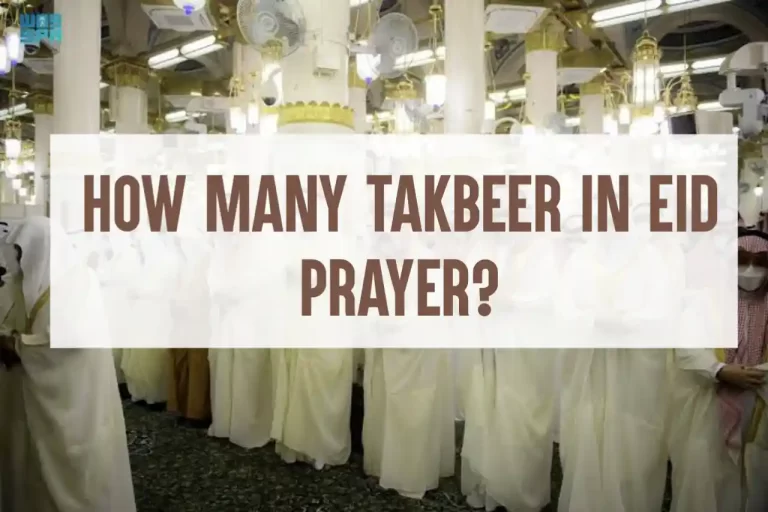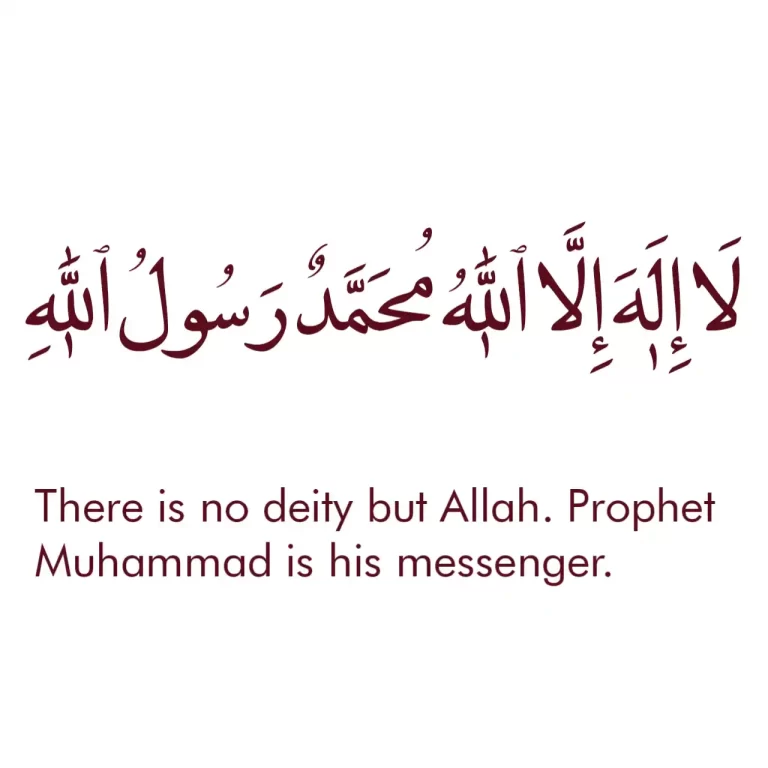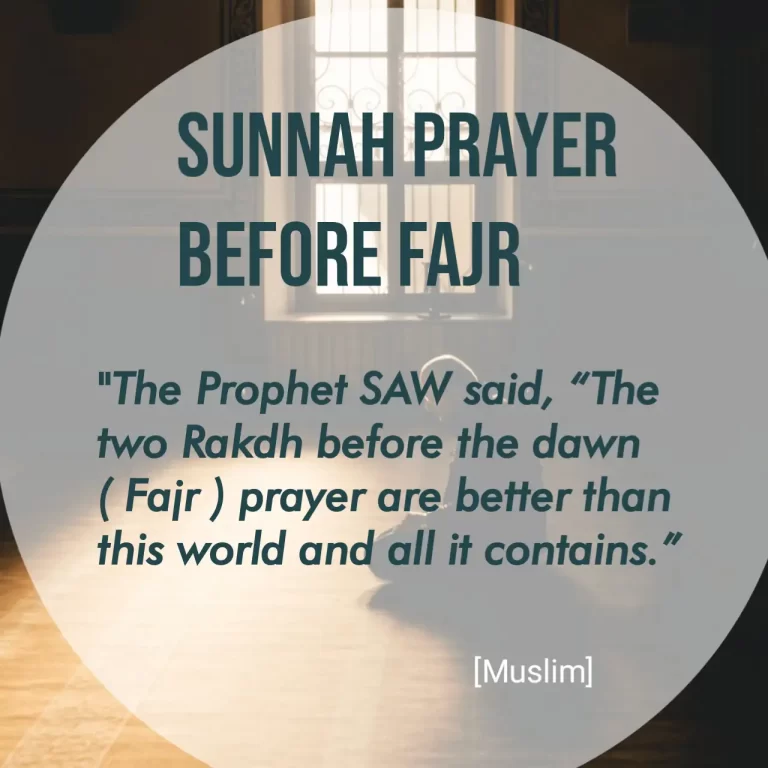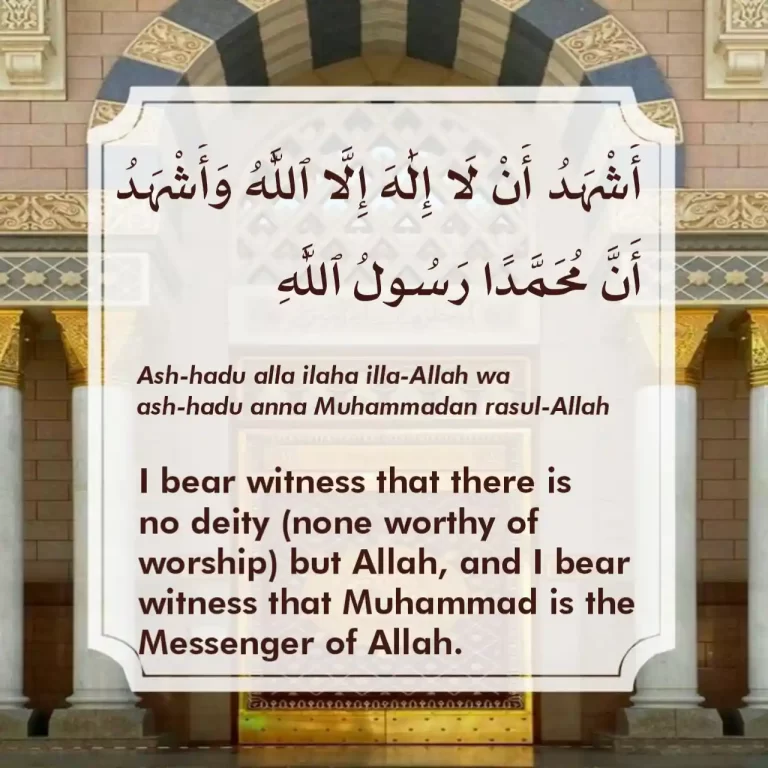Subhanallah Meaning in English, Arabic, Benefits And When To Say It
Advertisements
Tasbih is a form of dhikr that involves the glorification of Allah by saying SubhanAllah. In this article, we will look at SubhanAllah meaning, how to write it in Arabic, Quran verses and Hadith about this beautiful zikr and many more.
SubhanAllah Meaning in English
SubhanAllah means Allah is Perfect or Glory be to Allah. Subhanallah means to glorify Allah above any deficiency or imperfection i.e. Allah is free from all defects. Allah is the Most Glorified Who has no rival or partner, Who possesses every aspect of perfection, and Whose actions are pure and free from evil.
Subhanallah In Arabic Text
Here is how to write SubhanAllah in Arabic text;
سُـبْحانَ الله
Below, you’ll see how to write the variation of the phrases in Arabic:
Advertisements
سبحان الله Subhanallah.
سبحان الله وبحمده Glory and Praise be to Allah.
سبحان الله وتعالى Glory be to God Almighty.
سبحان الله العظيم Glory to Allah the Great.
Pronunciation
This short video will help you to correct the pronunciation of Subhanallah.
Here are possible Subhanallah meaning and translations:
- Glory be to Allah
- Glorified and exalted is Allah
- Allah is perfect
- May Allah be exalted
- May Allah be free from any deficiency
- Allah is free from imperfection
- Exalted is Allah beyond what they ascribe to Him
- May Allah be raised
When To Say SubhanAllah?
SubhanAllah is a powerful zikr with lots of benefits and Muslims are encouraged to say it throughout the day. However, there are some special places the Prophet SAW used to recite and encouraged his followers to say it at these appointed times.
- It said to express shock or amazement.
- It is also said during the prayer (in sujud and Ruku).
- Before going to bed.
- After fard Salah.
Muslims are also encouraged to say SubhanAllah 33 times after fard prayer.
Advertisements
From the forms of Remembrance after the Salat is to say:
- Subhaanallaah (Allah is free from imperfection),
- Alhamdulillaah (Praise be to Allah),
- La ilaaha illallaah (There is no true God except Allah) and
- Allahu Akbar (Allah is Greatest) twenty-five times, so it aggregates to a hundred.
Another form is reciting:
- Subhanallaah (Allah is free from imperfection) thirty-three times,
- Alhamdulillaah (Praise be to Allah) thirty-three times, and
- Allahu Akbar (Allah is Greatest) thirty-four times, which makes a total of one hundred.
Another form is to recite:
- Subhanallaah (Allah is free from imperfection) ten times,
- Alhamdulillaah (Praise be to Allah) ten times, and
- Allahu Akbar (Allah is Greatest) ten times.
You should alternate among the various forms because they are all authentically reported from the Prophet SAW.
Benefits Of SubhanAllah
Prophet Muhammad SAW taught Muslims that it is one of the four praises that Allah likes Muslims to say continuously.
One of the hadeeths showing the excellence of the remembrance of Allah which is specific and restricted to a deed. This hadeeth is one of such.
Aboo Hurayrah – may Allah be pleased with him – reported that the poor Emigrants came to the Prophet SAW to complain. They said, “The wealthy have surpassed us.
They offer Salat as we offer it, they observe fast as we do, and they have excess wealth,” that is, with which they spend in charity, perform pilgrimage and the Umrah, and strive in the way (of Allah).
So the Prophet SAW directed them to an issue. He said, “Shall I instruct you in something whereby you will overtake those who are ahead of you and will keep ahead of those who are behind you”.
They said, “Surely, O Messenger of Allah”.
He said, “You should recite: Tasbeeh (the saying, ‘Subhanallah’ (Allah is free from imperfection), Tahmeed (the saying, Alhamdulillah’ (Praise be to Allah) and Takbeer (the saying, Allahu Akbar’ (Allah is Greatest) thirty-three times after each Salat”.
That is, they should recite: Subhanallah, Alhamdulillah and Allahu Akbar thirty-three times each, culminating in an aggregate of ninety-nine.
So they started doing it. However, the wealthy heard about it and they also began doing it, placing them at par in this remembrance of Allah.
Then the poor returned to the Messenger of Allah SAW and said, “O Messenger of Allah, our wealthy brothers have heard what we did, so they did the like of it”.
It seems they wanted another thing that would be specific to them, but he SAW said,
“That is the Grace of Allah, which He bestows on who He wills.”
Surah Al-Jumu’ah:4
Similarly, the remembrance of Allah, the Mighty and Sublime, is among the best of deeds and the dearest to Allah, the Mighty and Sublime. In fact, it is among the means of steadfastness at times of meeting the enemy.
Subhaanallaah wabihamdihi (meaning: Allah is free from imperfection and I begin with praising Him) a hundred times in the morning and evening has numerous virtues.
If a person recites it one hundred times in the morning and one hundred times in the evening, he will not be surpassed on the Day of Resurrection by anyone with better deeds than one who utters the same words or utters more of those words.
This invocation, ‘Subhaanallaah wa bihamdihi, implies that you absolve Allah, the Mighty and Sublime, of everything that does not befit His Majesty, Blessed be He and the most High, while also praising Him; indeed, you are describing Him with perfect attributes.
So it is good for one to recite Subhaanallaah wa bihamdihi one hundred times in the morning and one hundred times in the evening so as to attain this virtue stated by the Prophet it.
- Remembrance Which Start with SubhanAllah
- Subhanallahi Wa Bihamdihi
- Subhanaka Allahumma Wa Bihamdika
- Subhan Allah Alhamdulillah Allahu Akbar
- Subhanallahi Wa Bihamdihi Adada Khalqihi
The worship of the angels is tasbih, the declaration of the glory and perfection of Allah subhanahu wa ta’ala.
SubhanAllah, all glory, all perfection belongs to Allah and anything that is of imperfection or deficiency cannot be attributed to Him.
The angels are actually called al-musabbihun, those that constantly glorify Allah.
Allah says about them that they glorify Allah subhanahu wa ta’ala night and day and they never become tired of doing so.
There is not a single hand span of the heavens except that there is an angel that has been created to do nothing but glorify Allah subhanahu wa ta’ala and declare his perfection constantly.
SubhanAllah is to remove every form of imperfection and deficiency from being attributed to Allah subhanahu wa ta’ala. And it is only for Allah subhanahu wa ta’ala.
You cannot do Tasbeeh of any other entity, not even in proportion. There is only glory that belongs to Allah subhanahu wa ta’ala.
And Allah azawajal informs us that everyone and everything glorifies him in some way.
So it’s removing all attributions of imperfection and then declaring his perfection constantly.
So when do we use this dhikr on a daily basis? Number one, you find it most frequently in the Quran when something unbefitting is ascribed to Allah subhanahu wa ta’ala.
Or when you see something that only Allah can do, something that is entirely under his control and under his power.
And so you see the lightning, you see things that demonstrate his power and you say subhanAllah. Because you understand that you are unable to do those things and unable to control the fate of those things.
So freeing him from imperfection, declaring his perfection, looking at the things that he does with his might.
And then when you yourself try to honor him subhanahu wa ta’ala, when you fall short with all of those things for his sake, then you go back and you say subhanAllah.
So in tawbah, in your repentance, subhanak is part of your repentance. How perfect are you? Let not my imperfections come in between me and you. When you are bearing the insults or the hardships that come with doing the work of Allah subhanahu wa ta’ala.
When Allah subhanahu wa ta’ala gives you victory, then increase in your tasbih, increase in your declaration of his perfection, and seek forgiveness for your own imperfections.
Now when it comes to our daily usage of this as well in terms of frequency. And so it is frequent in our morning remembrance, frequent in our evening remembrance, and then after the salah, of course, it is one of the phrases that we say 33 times.
SubhanAllah In Quran
There are several places where Allah SWT mentioned this phrase, among them are:
Surah Tur verse 43
أَمۡ لَهُمۡ إِلَٰهٌ غَيۡرُ ٱللَّهِۚ سُبۡحَٰنَ ٱللَّهِ عَمَّا يُشۡرِكُونَ
Meaning; Or have they a deity other than Allah? Exalted is Allah above whatever they associate with Him.
Surah Isra’ verse 43
سُبۡحَٰنَهُۥ وَتَعَٰلَىٰ عَمَّا يَقُولُونَ عُلُوًّا كَبِيرًا
Meaning: Exalted is He and high above what they say by great sublimity.
Surah Muminoon verse 91
مَا ٱتَّخَذَ ٱللَّهُ مِن وَلَدٍ وَمَا كَانَ مَعَهُۥ مِنۡ إِلَٰهٍۚ إِذًا لَّذَهَبَ كُلُّ إِلَٰهٍۢ بِمَا خَلَقَ وَلَعَلَا بَعۡضُهُمۡ عَلَىٰ بَعۡضٍۚ سُبۡحَٰنَ ٱللَّهِ عَمَّا يَصِفُونَ
Allah has not taken any son, nor has there ever been with Him any deity. [If there had been], then each deity would have taken what it created, and some of them would have [sought to] overcome others. Exalted is Allah above what they describe [concerning Him].
Hadith: Sahih al-Bukhari 3705
Narrated Ali: Fatima complained of the suffering caused to her by the hand mill. Some Captives were brought to the Prophet, she came to him but did not find him at homeAisha was present there to whom she told (of her desire for a servant).
When the Prophet (ﷺ) came, Aisha informed him about Fatima’s visit. `Ali added “So the Prophet (ﷺ) came to us, while we had gone to our bed I wanted to get up but the Prophet (ﷺ) said, “Remain at your place”. Then he sat down between us till I found the coolness of his feet on my chest.
Then he said, “Shall I teach you a thing which is better than what you have asked me? When you go to bed, say, ‘Allahu-Akbar’ thirty-four times, and ‘Subhan Allah thirty-three times, and ‘Al hamdu-li l-lah thirty-three times for that is better for you both than a servant.”
Advertisements








3 Comments